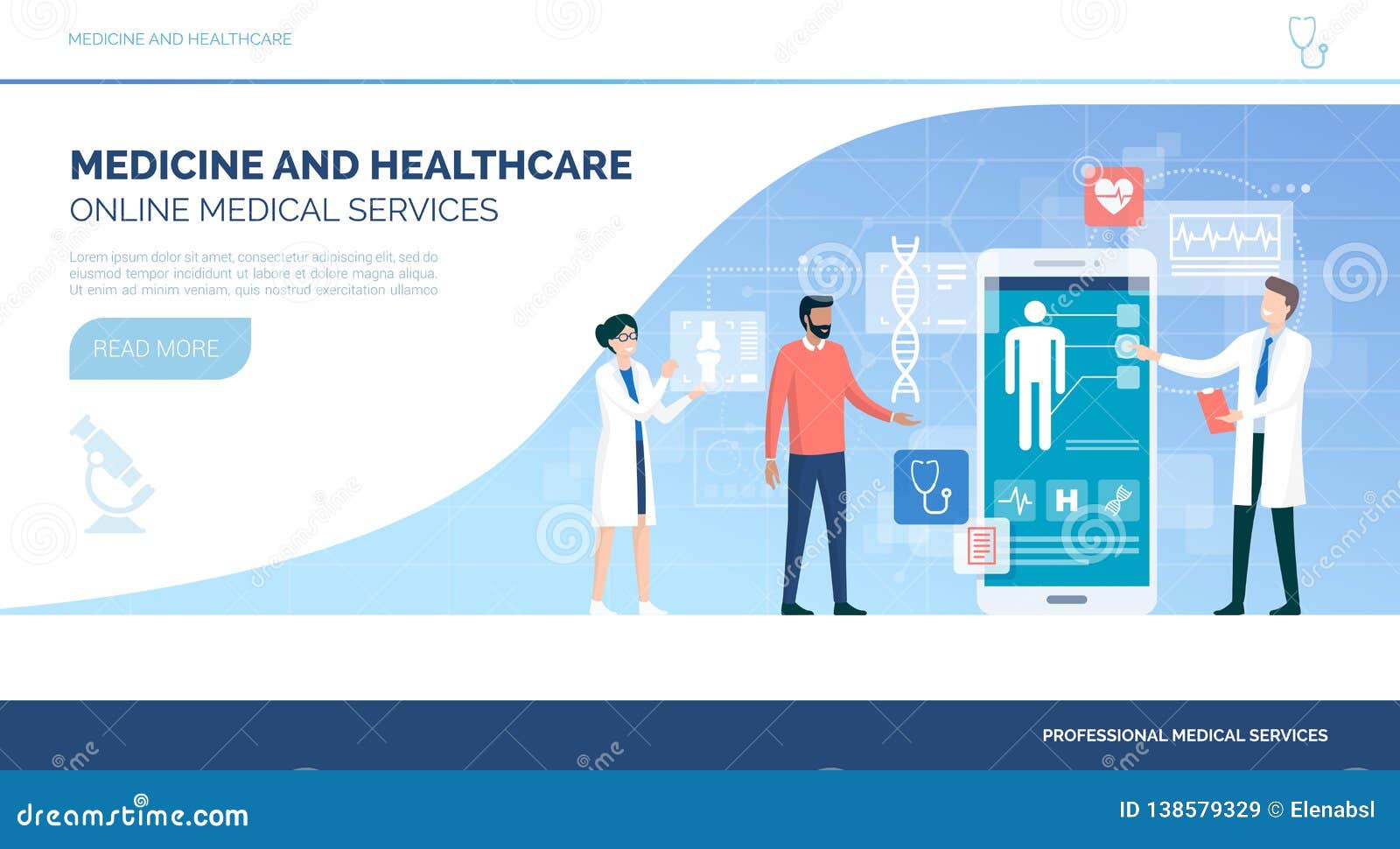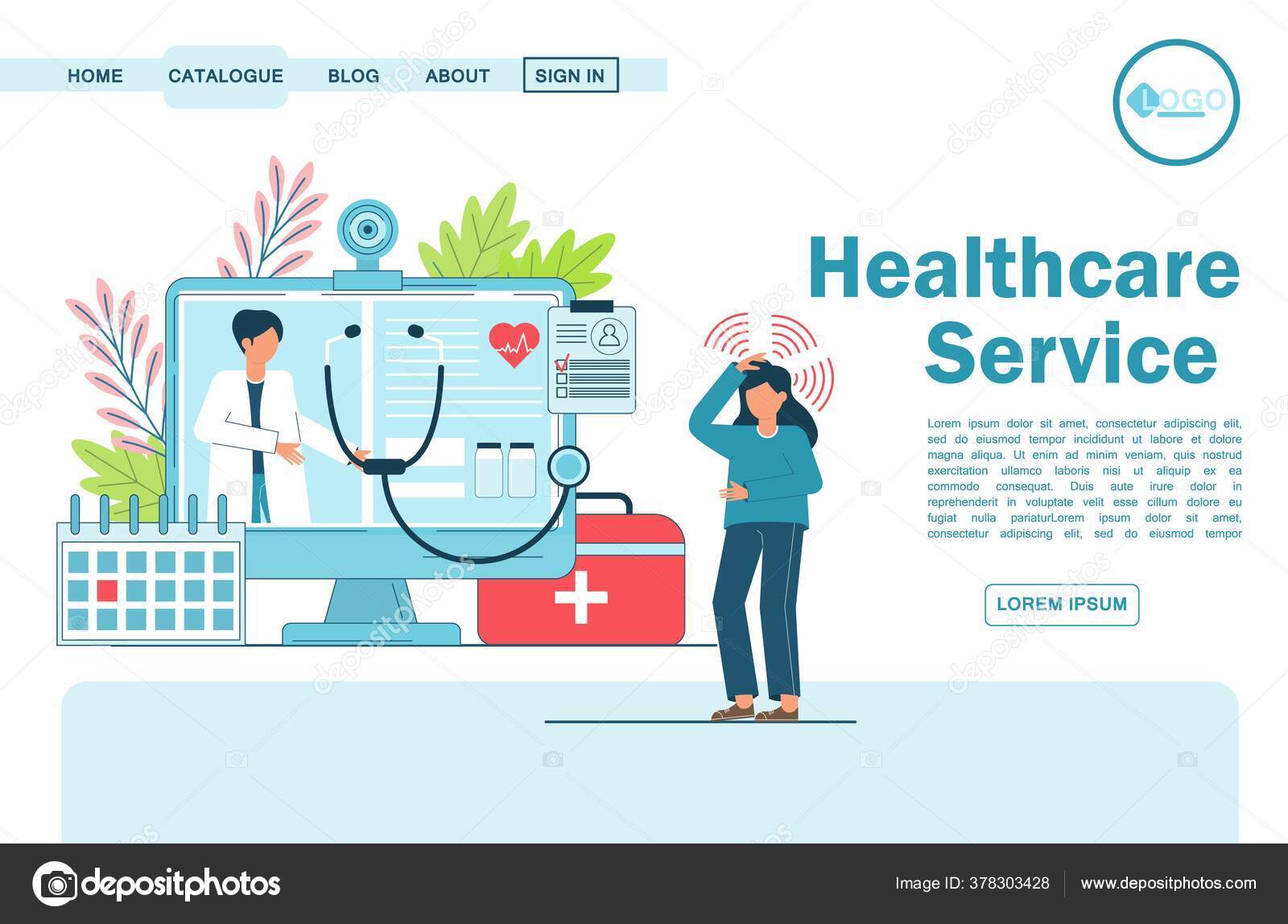How Subscription Based Healthcare is Reinventing Patient Access to Services
How Subscription Based Healthcare is Reinventing Patient Access to Services
Blog Article
Navigating the Future of Medication With Subscription-Based Health Care Provider
As the health care sector advances, subscription-based services arise as a crucial design promising to improve patient care distribution. With the possible to supply streamlined, cost-effective remedies through foreseeable rates and tailored interest, these solutions stand at the leading edge of modern-day clinical technology. As we consider their rise, one need to consider the implications of integrating such systems right into existing medical care frameworks. What obstacles do they present in regards to data security and fair gain access to, and just how might they redefine the patient-provider partnership? The solution to these questions could essentially change our technique to healthcare.
Increase of Registration Healthcare
As health care systems worldwide face boosting stress from increasing costs and demand for solutions, the arrival of subscription-based health care versions has become a transformative pattern. This cutting-edge approach is disrupting typical medical care delivery by supplying a predictable, flat-rate payment framework for clinical services. Rooted in the principles of concierge medicine, subscription-based health care enables service providers to concentrate on individualized person care while concurrently handling operational efficiencies.
The enhancing customer demand for openness and predictability in health care costs has driven the change towards this model. Subscription-based services commonly provide straight access to health care professionals, which can reduce the administrative problems associated with insurance cases and compensations.
This model is acquiring traction among diverse healthcare providers, from health care doctors to specialized clinics, by aligning economic rewards with constant and preventative care. By changing the emphasis from quantity to value-based care, membership health care has the potential to improve the landscape, fostering a much more patient-centered and sustainable approach to health monitoring.
Advantages for Individuals

In addition, subscription-based solutions often highlight preventive treatment, encouraging normal check-ups and wellness testings. This proactive strategy can lead to early detection of health and wellness problems, potentially boosting results and minimizing long-lasting medical care costs for patients. Such designs normally offer transparent rates, allowing clients to much better recognize their healthcare expenses and prevent unanticipated medical expenses.
The customized nature of subscription-based healthcare also improves person experience. Individuals can receive customized medical care plans that fit their specific needs, cultivating a more patient-centric technique.
Technology's Function in Makeover

Artificial knowledge (AI) plays a vital role in predictive analytics, aiding in very early diagnosis and customized therapy plans. AI formulas evaluate vast datasets to recognize patterns that could be ignored by human observation, thus improving scientific decision-making. Additionally, electronic health records (EHRs) streamline person details administration, making sure connection and coherence of care throughout different solutions and service providers.
Blockchain innovation enhances information security and personal privacy, essential for preserving client depend on in electronic systems. It allows secure and transparent purchases of medical data, ensuring that sensitive information remains secured. With the combination of maker knowing and AI, blockchain can automate complicated healthcare processes, lowering management worries.
Obstacles and Considerations
While modern technology moves the abilities of subscription-based health care solutions, it also introduces a set of difficulties and considerations that need to be resolved to guarantee effective application. One significant obstacle is the equitable access of these services. As subscription versions commonly count on digital platforms, there is a danger of aggravating the digital divide, leaving behind people without internet accessibility or digital literacy. Making certain these services do not disproportionately profit only tech-savvy and wealthy populations is critical.
Information privacy and security stand for an additional crucial factor to consider. Subscription-based services often involve the collection and storage space of huge amounts of personal wellness information. Suppliers have to stick to rigorous information defense laws to preserve individual count on and stop unapproved accessibility, which can bring about considerable honest and legal effects.
As healthcare requires progress, preserving a cost-effective equilibrium between subscription costs and solution quality is crucial to stop client discontentment and attrition. Attending to these difficulties is crucial as subscription-based health care solutions continue to broaden and develop.
Future Implications for Medicine
Subscription-based healthcare services are poised read this to significantly affect the future landscape of medication by reshaping just how treatment is accessed and delivered. These versions supply the possible to equalize healthcare gain access to, giving individuals with even more tailored and prompt treatments. By leveraging modern technology, such as telemedicine and data analytics, membership services can promote constant tracking and customized wellness administration, thus enhancing results and reducing the concern on typical health care systems.
As these services gain grip, they might stimulate a shift towards preventative care, emphasizing the significance of very early discovery and monitoring of persistent problems. This proactive strategy might inevitably lower health care prices by minimizing the requirement for costly therapies occurring from late-stage illness management. Registration models supply a scalable remedy to deal with variations in healthcare access, especially in rural or underserved populaces.
However, the change in the direction of subscription-based versions requires dealing with regulatory and moral factors to consider, including data privacy and equitable click to find out more gain access to. As the sector progresses, collaborative efforts between policymakers, innovation designers, and healthcare carriers will certainly be critical to establishing durable structures that guard client interests while fostering advancement. Ultimately, these services assure to contribute significantly to a more efficient, patient-centered medical care ecological community.

Verdict
Subscription-based medical care services represent a significant evolution in the clinical field, offering predictable prices and personalized treatment that enhance availability and prioritize preventive procedures. Technical advancements, such as telemedicine and AI-driven analytics, assist in tailored person experiences, enhancing total health end results. Nonetheless, difficulties such as data privacy and equitable access must be dealt with to make sure the prevalent benefits of these solutions. As the health care landscape evolves, membership models are poised to play a vital role in forming the future of medicine.
As the health care industry progresses, subscription-based services arise as a critical model assuring to improve individual treatment delivery.As medical care systems around the globe face enhancing pressures from rising prices and need for services, the introduction of subscription-based healthcare models has actually emerged as a transformative pattern (subscription based healthcare).With the surge of subscription-based medical care models reshaping traditional healthcare distribution, patients are beginning to experience substantial advantages from this ingenious method. As healthcare needs evolve, preserving an affordable equilibrium between membership costs and solution quality is essential to protect against client dissatisfaction and attrition.Subscription-based healthcare solutions are positioned to significantly affect the future web link landscape of medicine by reshaping exactly how treatment is accessed and supplied
Report this page